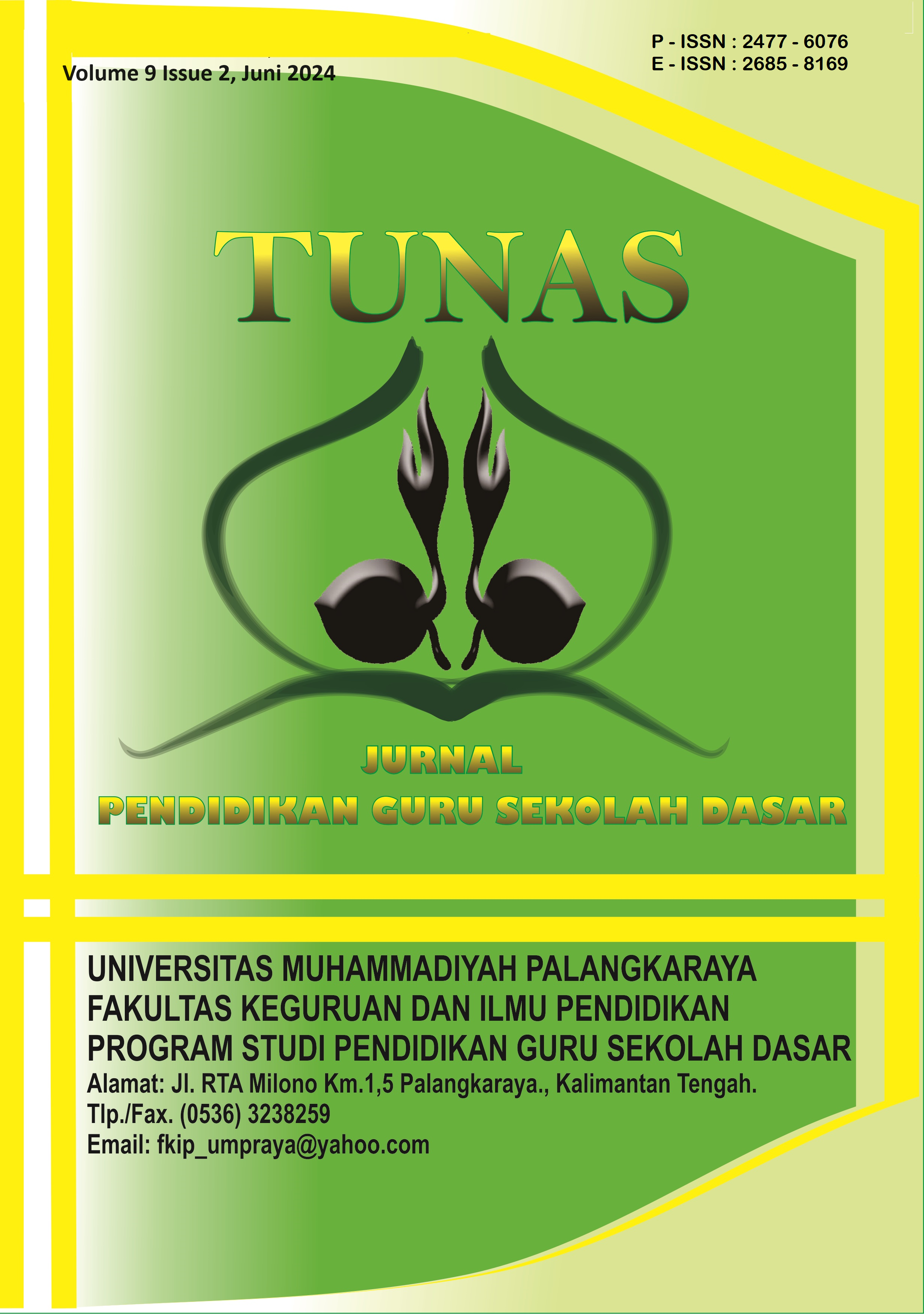The Influence of Organizational Culture and Work Motivation on the Work Productivity of Lecturers at Private Universities in Central Kalimantan
Main Article Content
Abstract
Aim: This study aims to determine the influence of Organizational Culture and Work Motivation on the Work Productivity of Lecturers at Universities in Central Kalimantan. Method: This research employs a quantitative method by processing information obtained from questionnaires requiring measurement. The population in this study consists of 23 Private Universities in Central Kalimantan, with a total of 809 lecturers. Using the Slovin formula, a sample of 89 respondents was obtained. The study utilizes multiple linear regression analysis techniques using SMART PLS 4.0.9.2 software. Result and discussions: The results of this study found that Organizational Culture has a significant partial effect on Work Productivity, Work Motivation also has a significant partial effect on Work Productivity, and Organizational Culture and Work Motivation simultaneously have a significant effect on the Work Productivity of Lecturers at Private Universities in Central Kalimantan. Conclusion: Based on the analysis of the results and discussions, it can be concluded that Organizational Culture partially has a significant effect on the Work Productivity of lecturers at Private Higher Education Institutions in Central Kalimantan. Work Motivation partially has a significant effect on the Work Productivity of lecturers at Private Higher Education Institutions in Central Kalimantan. Organizational Culture and Work Motivation simultaneously have a significant effect on the Work Productivity of lecturers at Private Higher Education Institutions in Central Kalimantan.
Downloads
Article Details

This work is licensed under a Creative Commons Attribution-ShareAlike 4.0 International License.
Authors who publish with this journal agree to the following terms:
- Any article on the copyright is retained by the author(s).
- The author grants the journal, right of first publication with the work simultaneously licensed under a Creative Commons Attribution License that allows others to share work with an acknowledgment of the work authors and initial publications in this journal.
- Authors are able to enter into separate, additional contractual arrangements for the non-exclusive distribution of published articles of work (eg, post-institutional repository) or publish it in a book, with acknowledgment of its initial publication in this journal.
- Authors are permitted and encouraged to post their work online (e.g., in institutional repositories or on their websites) prior to and during the submission process, as can lead to productive exchanges, as well as earlier and greater citation of published work.
- The article and any associated published material is distributed under the Creative Commons Attribution-ShareAlike 4.0 International License
References
Hamzah Uno. (2012). Model Pembelajaran Menciptakan Proses Belajar Mengajar yang Kreatif dan Efektif. PT Bumi Aksara.
Mangkunegara, A. P. (2017). Manajemen Sumber Daya Manusia Perusahaan. Remaja Rosdakarya.
Mawarni, I. (2019). Pengaruh Penerapan Keselamatan Dan Kesehatan Kerja Terhadap Produktivitas Kerja Pegawai PT Sarana Pembangunan Palembang 71 Jaya Unit Usaha Minyak Dan Gas Kota Palembang. Jurnal Ekobis, 3(9), 1689–1699.
Muhammad Agung anggoro, Sondang Merci Yulisandy Halawa, Dosmasri Sibuea, Cindy Christin Br Tarigan, & David Evelyn Suranta Sinulingga. (2020). Pengaruh Budaya Organisasi dan Pelatihan Kerja Dengan Sistem Pendidikan terhadap Produktivitas Kinerja Karyawan Pada PT. PLN (Persero) Unit Induk Pembangunan Sumatera Utara. Jurnal Ilmiah Methonomi, 6(2).
Robbin, & Judge. (2015). Perilaku Organisasi (16th ed.). Salemba Empat.
Sadili Samsudin. (2005). Manajemen Sumber Daya Manusia. Pustaka Setia.
Sukardi. (2021). Pengaruh Motivasi Dan Disiplin Kerja Terhadap Produktivitas Karyawan Pada PT. Beringin Life Di Jakarta. Jurnal Disrupsi Bisnis : Jurnal Ilmiah Prodi Manajemen, 4(1). Https://Doi.Org/10.32493/Drb.V4i1.9121
Sutrisno, E. (2015). Manajemen Sumber Daya Manusia (7th ed.). Kencana Prenada Media Group.
Wahyuni, E. (2015). PENGARUH BUDAYA ORGANISASI DAN GAYA KEPEMIMPINAN TERHADAP KINERJA PEGAWAI BAGIAN KEUANGAN ORGANISASI SEKTOR PUBLIK DENGAN MOTIVASI KERJA SEBAGAI VARIABEL INTERVENING (Studi Kasus Pada Pegawai Pemerintah Kota Tasikmalaya). Nominal, Barometer Riset Akuntansi Dan Manajemen, 4(1), 96–112. https://doi.org/10.21831/nominal.v4i1.6890
Wirawan, K. E., Bagia, I. W., & Susila, G. P. A. J. (2019). PENGARUH TINGKAT PENDIDIKAN DAN PENGALAMAN KERJA TERHADAP KINERJA KARYAWAN. Bisma: Jurnal Manajemen, 5(1), 60–67. https://doi.org/10.23887/BJM.V5I1.21991
